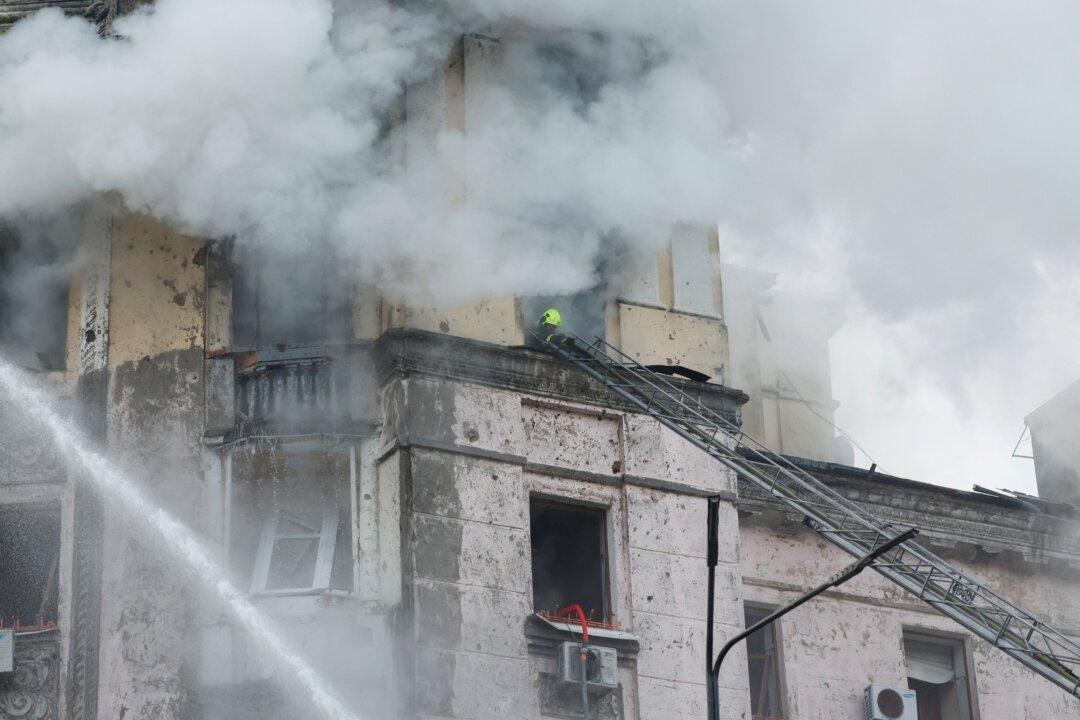A Latvian national and an executive at a Kansas avionics parts company have been indicted on federal charges for allegedly smuggling advanced U.S. aircraft equipment and aerospace technology to Russia just before and during its invasion of Ukraine in 2022.
Oleg Chistyakov and Douglas Edward Robertson are accused of evading a U.S. ban on exports of certain avionics equipment to Russia, according to a grand jury indictment handed down on March 27. They allegedly worked with a third co-conspirator, Cyril Gregory Buyanovsky, who pleaded guilty in December to charges of conspiracy and money laundering for his part in the scheme.




